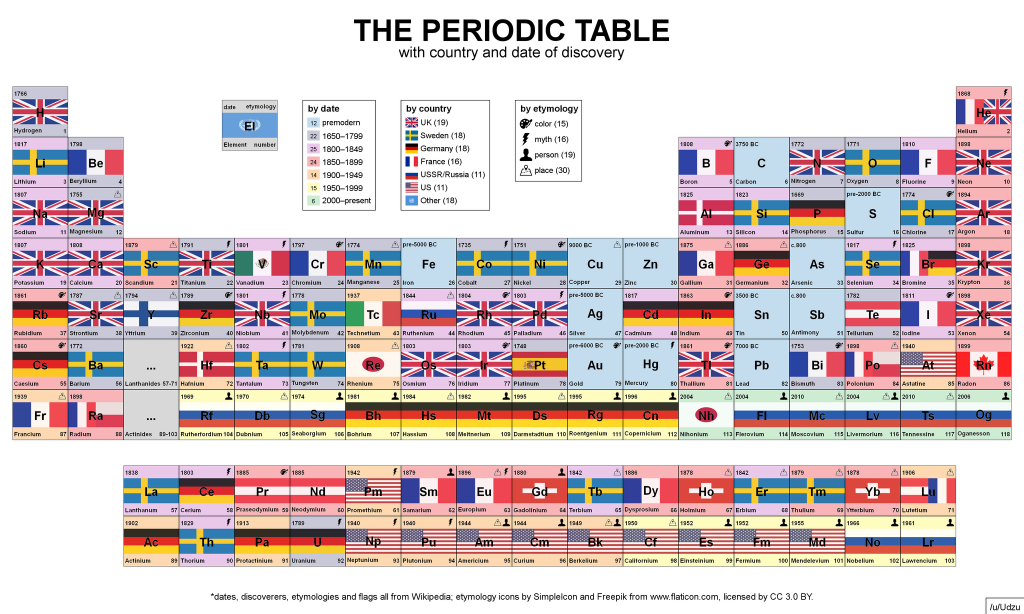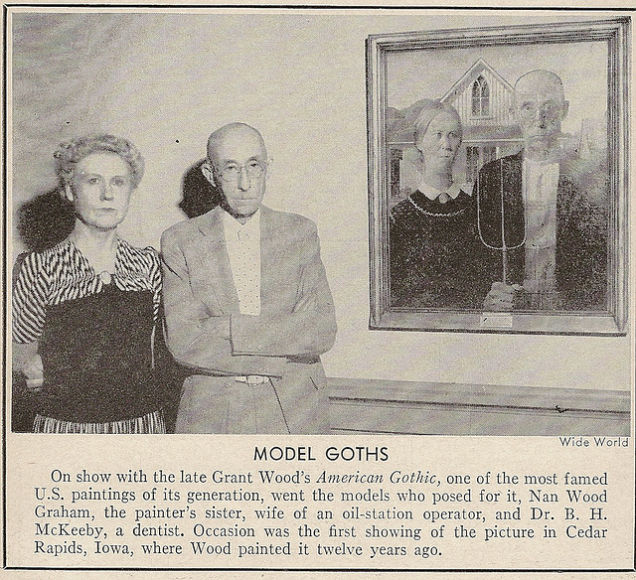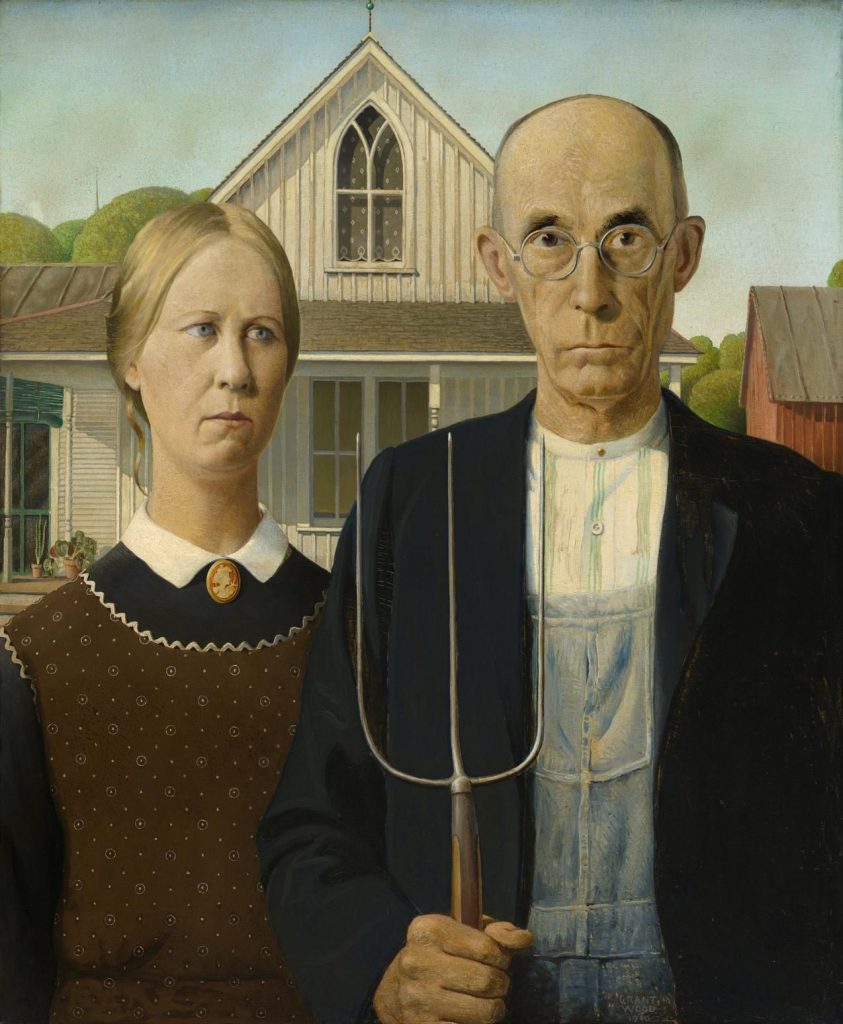What does it mean to “grow up”? Every culture has its way of defining adulthood, whether it’s surviving an initiation ritual or filing your first tax return. I’m only being a little facetious—people in the U.S. have long felt dissatisfaction with the ways we are ushered into adulthood, from learning how to fill out IRS forms to learning how to fill out student loan and credit card applications, our culture wants us to understand our place in the great machine. All other pressing life concerns are secondary.
It’s little wonder, then, that gurus and cultural father figures of all types have found ready audiences among America’s youth. Such figures have left lasting legacies for decades, and not all of them positive. But one public intellectual from the recent past is still seen as a wise old master whose far-reaching influence remains with us and will for the foreseeable future. Joseph Campbell’s obsessive, erudite books and lectures on world mythologies and traditions have made certain that ancient adulthood rituals have entered our narrative DNA.
When Campbell was awarded the National Arts Club Gold Medal in Literature in 1985, psychologist James Hillman stated that “no one in our century—not Freud, not Thomas Mann, not Levi-Strauss—has so brought the mythical sense of the world and its eternal figures back into our everyday consciousness.” Whatever examples Hillman may have had in mind, we might rest our case on the fact that without Campbell there would likely be no Star Wars. For all its success as a megamarketing phenomenon, the sci-fi franchise has also produced enduringly relatable role models, examples of achieving independence and standing up to imperialists, even if they be your own family members in masks.
In the video interviews above from 1987, Campbell professes himself no more than an “underliner” who learned everything he knows from books. Like the contemporary comparative mythologist Mircea Eliade, Campbell did not conduct his own anthropological research—he acquired a vast amount of knowledge by studying the sacred texts, artifacts, and rituals of world cultures. This study gave him insight into stories and images that continue to shape our world and feature centrally in huge pop cultural productions like The Last Jedi and Black Panther.
Campbell describes ritual entries into adulthood that viewers of these films will instantly recognize: Defeating idols in masks and taking on their power; burial enactments that kill the “infantile ego” (academics, he says with a straight face, sometimes never leave this stage). These kinds of edge experiences are at the very heart of the classic hero’s journey, an archetype Campbell wrote about in his bestselling The Hero with a Thousand Faces and popularized on PBS in The Power of Myth, a series of conversations with Bill Moyers.
In the many lectures just above—48 hours of audio in which Campbell expounds his theories of the mythological—the engaging, accessible writer and teacher lays out the patterns and symbols of mythologies worldwide, with special focus on the hero’s journey, as important to his project as dying and rising god myths to James Frazer’s The Golden Bough, the inspiration for so many modernist writers. Campbell himself is more apt to reference James Joyce, Carl Jung, Pablo Picasso, or Richard Wagner than science fiction, fantasy, or comic books (though he did break down Star Wars in his Moyers interviews). Nonetheless, we have him to thank for inspiring the likes of George Lucas and becoming a “patron saint of superheroes” and space operas.
We will find some of Campbell’s methods flawed and terminology outdated (no one uses “Orient” and “Occident” anymore)—and modern heroes can just as well be women as men, passing through the same kinds of symbolic trials in their origin stories. But Campbell’s ideas are as resonant as ever, offering to the wider culture a coherent means of understanding the archetypal stages of coming of age. As Hollywood executive Christopher Vogler said in 1985, after recommending The Hero with a Thousand Faces as a guide for screenwriters, Campbell’s work “can be used to tell the simplest comic story or the most sophisticated drama”—a sweeping vision of human cultural history and its meaning for our individual journeys.
You can access the 48 hours of Joseph Campbell lectures above, or directly on Spotify.
Related Content:
Joseph Campbell and Bill Moyers Break Down Star Wars as an Epic, Universal Myth
Josh Jones is a writer and musician based in Durham, NC. Follow him at @jdmagness




